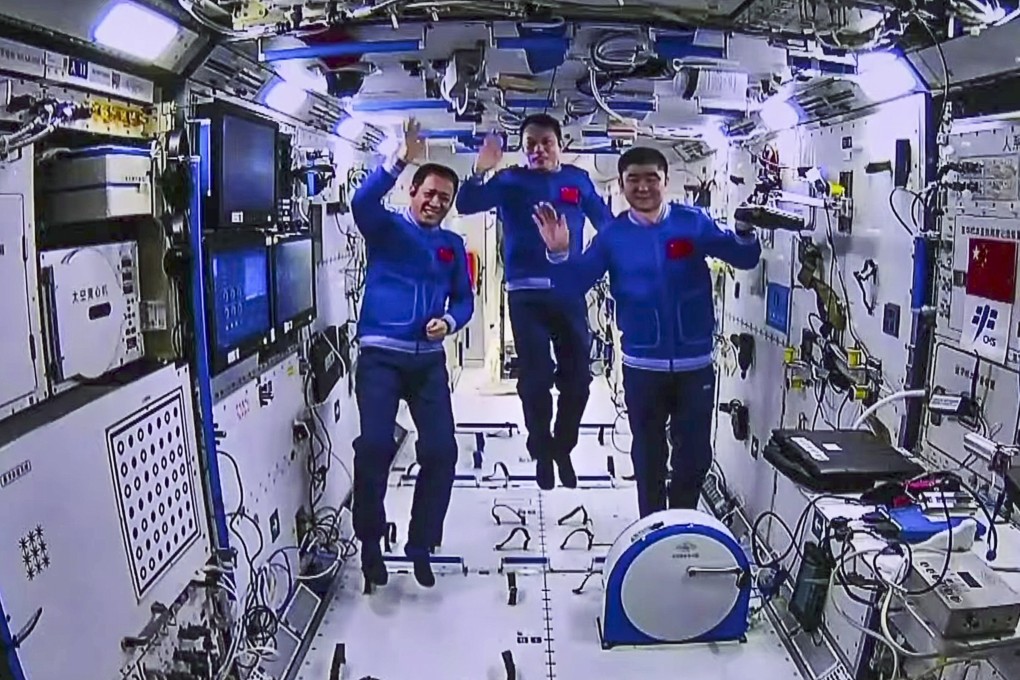Letters | Chat with Chinese astronauts can help Hong Kong students broaden their horizons
- Readers discuss the significance of a live chat between Chinese astronauts and Hong Kong students and compare China’s decision to ban exams for young primary students with a similar policy in Singapore

For the students who got to interact with the “taikonauts”, it was surely an honour to be part of this historic moment. In fact, given that STEM (science, technology, engineering and maths) education is now a crucial element of students’ growth and learning, this rare opportunity is no doubt an asset to the young participants on Earth.
Students from Hong Kong have performed extraordinarily well in STEM subjects traditionally, whether in open examinations or undergraduate courses. Some bright students pursue postgraduate courses in top-tier universities in Hong Kong, on the mainland and abroad. If doors open for them, their participation in large science projects at the national level would broaden their horizons and enrich their resumes.
With our country’s wholehearted support and pro-Hong Kong policies, our university students can aim higher. They could plan their careers and station themselves in any city in China.
We should appreciate our nation’s scientific achievements, which have enhanced human exploration of the universe. We are indeed very proud of our nation and to be Chinese.